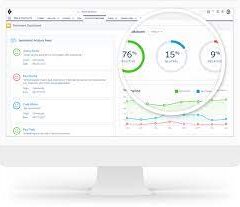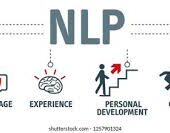5 Reasons to Leverage AI and Machine Learning in Your Data Warehouse
Incorporating AI and machine learning (ML) into a data warehouse transforms it into a powerful tool for decision-making and insight generation across the entire organization. Here are five key benefits of integrating AI and ML into your data warehouse:
1. Improved Efficiency
AI and ML streamline data warehouse operations by automating time-consuming tasks like data validation and cleansing. These technologies can manage repetitive processes, such as extraction, transformation, and loading (ETL), freeing data teams to focus on higher-priority tasks that drive business value. AI and ML ensure that inconsistencies are addressed automatically, which boosts overall operational efficiency.
2. Faster Performance
ML can monitor query performance in real time, identifying bottlenecks and optimizing processes to increase speed and accuracy. Automating data ingestion and delivery enables users to act on insights faster, making real-time decision-making possible. Faster data processing leads to more timely and effective business strategies.
3. Increased Accessibility for All Users
AI and ML enhance data quality and simplify data queries, making insights accessible even to non-technical users. By allowing natural language inputs and generating easy-to-understand visualizations, these technologies empower employees at all skill levels to interact with data. When everyone in the organization works from the same data foundation, decision-making becomes more aligned and consistent.
4. More Accurate Forecasting
ML’s predictive capabilities allow data warehouses to anticipate trends and proactively solve problems before they arise. Predictive models and anomaly detection help prevent downtime, improve customer demand forecasting, and enhance overall accuracy. The more these algorithms are used, the more refined and effective they become, improving insights and forecasts over time.
5. Reduced Data Storage Costs
AI and ML analyze data usage to optimize storage solutions, identifying and eliminating redundant data to free up space. These technologies can also optimize data architecture, making the warehouse more efficient and reducing operational costs. As an organization scales, AI and ML help manage growing data volumes without increasing expenses, ensuring cost-effective data storage and processing.
By integrating AI and ML into a data warehouse, organizations can enhance speed, efficiency, and accuracy, driving better decision-making and improving business outcomes.
Content updated October 2024.













